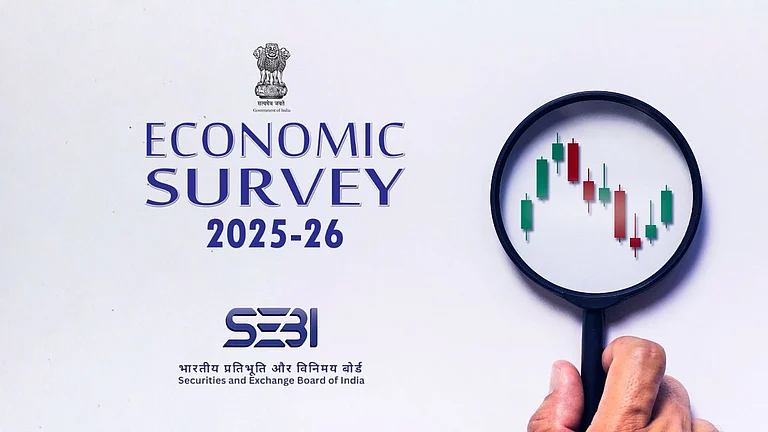
Summary of this article
Sebi's reforms are aimed at enhancing investor protection, increasing transparency, and promoting financial inclusion.
Sebi has changed the classification for Real Estate Investment Trusts (REITs) to "equity" investments for investment by mutual funds.
The capital market watchdog, Sebi, held a board meeting on September 12. The market regulator has announced a slew of changes which are expected to impact mutual fund investors.
The changes are aimed at enhancing investor protection, increasing transparency, and promoting financial inclusion. Here's a breakdown of the specific changes and how they impact mutual fund investors:
Reduction of Maximum Exit Load
Sebi has announced the reduction of the maximum permissible exit load which mutual fund houses can charge. The maximum permissible exit load has been reduced from 5 per cent to 3 per cent.
“With a view to enhance investor protection and promote financial inclusion while ensuring a more transparent and sustainable incentive structure for Mutual Fund distributors, the Board, inter alia, approved the following proposals:9.1.1.Reduction of maximum permissible exit load from 5% to 3%,” Sebi said.
The market regulator has stated that the current regulatory framework for mutual funds (MFs) allows mutual fund schemes to charge a maximum exit load of 5 per cent. However, it has been observed that mutual funds typically charge exit loads ranging between 1 per cent and 2 per cent. Thus, reducing the maximum exit load is expected to align the regulatory requirement with the prevailing industry practice.
The change is set to benefit mutual fund investors as the cost of switching or exiting a mutual fund prematurely can potentially be reduced. The new limit is also expected to act as a regulatory safeguard to protect investors from being charged excessively high fees.
Reclassification of REITs
The capital market regulator has changed the classification for Real Estate Investment Trusts (REITs) to "equity" investments for investment by mutual funds. Previously both REITs and InvITs were treated as 'hybrid' instruments for the purpose of investment by mutual funds.
“The Board approved the amendments to SEBI (Mutual Funds) Regulations, 1996 for inter-alia re-classifying REITs as “equity” and retaining the “hybrid” classification for the InvITs, for the purpose of investments by Mutual Funds and Specialized Investment Funds,” Sebi said.
Prior to the new classification for REITs, the amount of money mutual fund houses could invest in REITs was limited. Mutual fund schemes were allowed to invest a maximum of 10 per cent of their Net Asset Value (NAV) in both REITs and Infrastructure Investment Trusts (InvITs), along with a sub-cap of 5 per cent in a single issuer.
The change is expected to allow investors to have greater exposure to the real estate sector via their existing equity-oriented mutual fund schemes. On the other hand, the move is expected to enhance liquidity and increase depth in the REIT market, potentially attracting more capital from mutual funds.
Deepening Incentives For Distributors
The capital market watchdog has changed the incentive structure for mutual fund distributors. In an effort to deepen the penetration of mutual funds, the capital market regulator has said that incentives will be provided to new individual investors (with a fresh PAN) from cities beyond the top 30 cities (B-30).
Distributors will also get an additional commission for onboarding new women investors. The change aims to bring in new investors from a wider demographic, deepen financial literacy and promote gender inclusion in the market.
As per Sebi's release, the newly approved reforms were first announced as proposals before the Mutual Fund Advisory Committee in January 2023. The proposals were then discussed with industry stakeholders in July 2025, and based on the feedback from the industry.
















